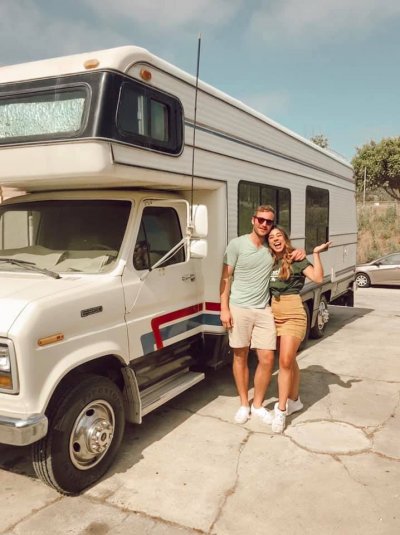chesikatter
New member
- Joined
- Jun 7, 2019
- Posts
- 4
Hello! We just purchased a 1984 Holiday Rambler Ambassador. We are so over the moon - and still in bliss even in knowing absolutely nothing about R.V.'s but are soaking up things to learn like sponges. We plan to live full time out of our R.V. with our little one (3) and take road trips up the coast of California and eventually to the east coast as well. So excited to be a part of this community, it is so true that the best resources are your fellow neighbors at the site - today we filled our water tank for the first time (the challenge of the afternoon lol) and were given a brand new hose by such a friendly camper! I can't wait until we can help people the same way... 
Anyway, we look forward to learning and journeying with you all.
Anyway, we look forward to learning and journeying with you all.


